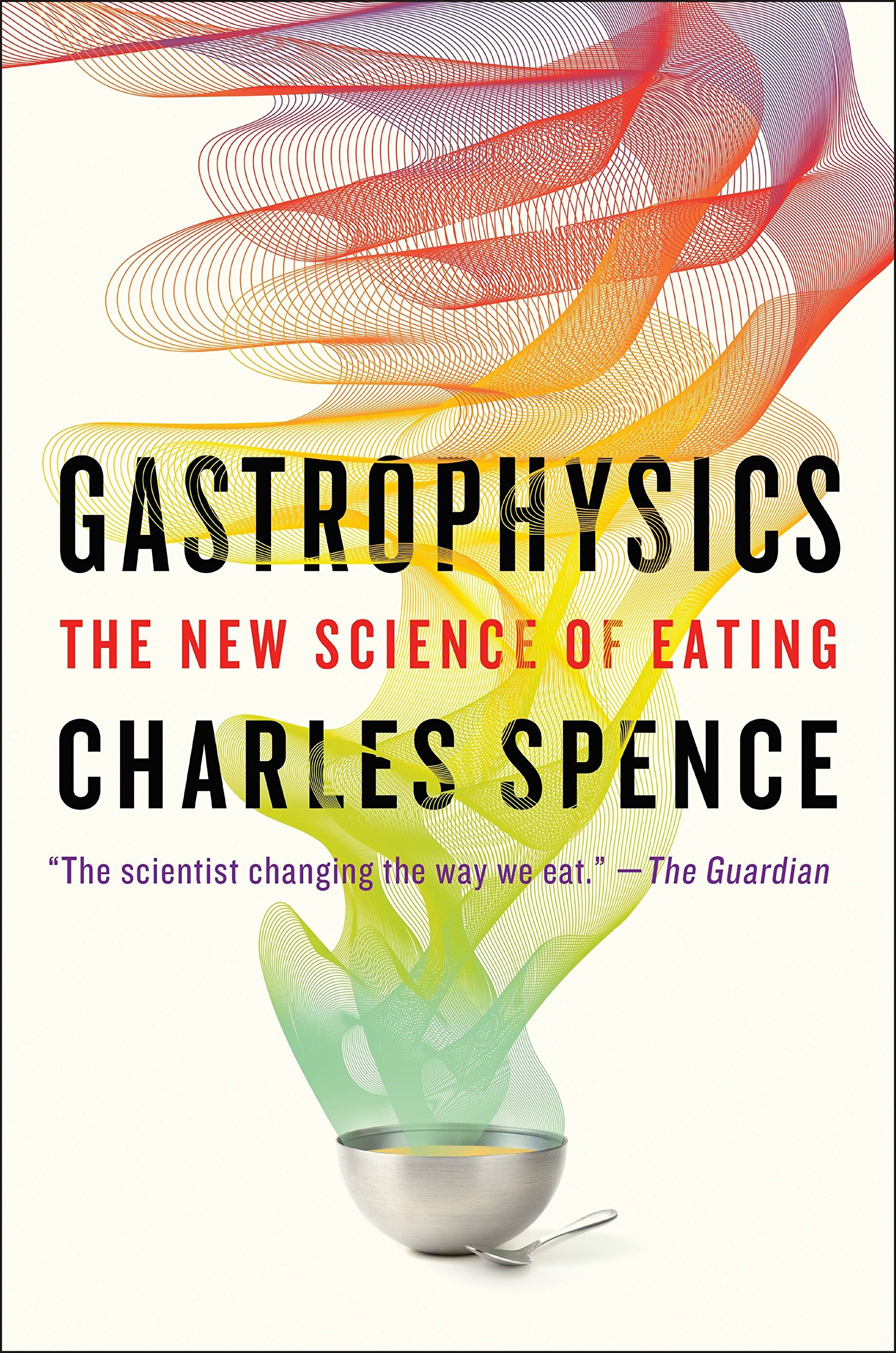Gastrophysics | Charles Spence

Detalii Gastrophysics | Charles Spence
Gastrophysics | Charles Spence - Disponibil la carturesti.ro
Pe YEO găsești Gastrophysics | Charles Spence de la Viking, în categoria Carte straina.
Indiferent de nevoile tale, Gastrophysics | Charles Spence din categoria Carte straina îți poate aduce un echilibru perfect între calitate și preț, cu avantaje practice și moderne.
Caracteristici și Avantaje ale produsului Gastrophysics | Charles Spence
- Departament: gaming-carti-birotica
- Ideal pentru pasionații de jocuri, birotică și distracție online.
Preț: 55 Lei
Caracteristicile produsului Gastrophysics | Charles Spence
- Brand: Viking
- Categoria: Carte straina
- Magazin: carturesti.ro
- Ultima actualizare: 27-10-2025 01:24:43
Comandă Gastrophysics | Charles Spence Online, Simplu și Rapid
Prin intermediul platformei YEO, poți comanda Gastrophysics | Charles Spence de la carturesti.ro rapid și în siguranță. Bucură-te de o experiență de cumpărături online optimizată și descoperă cele mai bune oferte actualizate constant.
Descriere magazin:
The science behind a good meal: all the sounds, sights, and tastes that make us like what we\'re eating--and want to eat more.Why do we consume 35 percent more food when eating with one other person, and 75 percent more when dining with three? How do we explain the fact that people who like strong coffee drink more of it under bright lighting? And why does green ketchup just not work?The answer is gastrophysics, the new area of sensory science pioneered by Oxford professor Charles Spence. Now he\'s stepping out of his lab to lift the lid on the entire eating experience--how the taste, the aroma, and our overall enjoyment of food are influenced by all of our senses, as well as by our mood and expectations.The pleasures of food lie mostly in the mind, not in the mouth. Get that straight and you can start to understand what really makes food enjoyable, stimulating, and, most important, memorable. Spence reveals in amusing detail the importance of all the "off the plate" elements of a meal: the weight of cutlery, the color of the plate, the background music, and much more. Whether we\'re dining alone or at a dinner party, on a plane or in front of the TV, he reveals how to understand what we\'re tasting and influence what others experience.This is accessible science at its best, fascinating to anyone in possession of an appetite. Crammed with discoveries about our everyday sensory lives, Gastrophysics is a book guaranteed to make you look at your plate in a whole new way.Charles Spence is the head of the Crossmodal Research Laboratory at the University of Oxford. He has consulted for multinational companies including Toyota and ICI, advising on various aspects of multisensory design, packaging, and branding. He has featured frequently in Time, The Wall Street Journal, The New Yorker, The Boston Globe, The Washington Post, Forbes, Barron\'s, and The Atlantic. He is the co-author, with Betina Piqueras-Fiszman, of a college textbook, The Perfect Meal.

Produse asemănătoare

Principles of Astrophysics. Using Gravity and Stellar Physics to Explore the Cosmos, 2014 ed., Paperback/Charles Keeton
![]() elefant.ro
elefant.ro
Actualizat in 26/10/2025
468.99 Lei
Produse marca Viking

Viking fular impletit femei, culoarea violet, modelator
![]() answear.ro
answear.ro
Actualizat in 30/10/2025
30.9 Lei

Viking fular impletit 7123 Polartec culoarea portocaliu, modelator
![]() answear.ro
answear.ro
Actualizat in 30/10/2025
46.9 Lei



